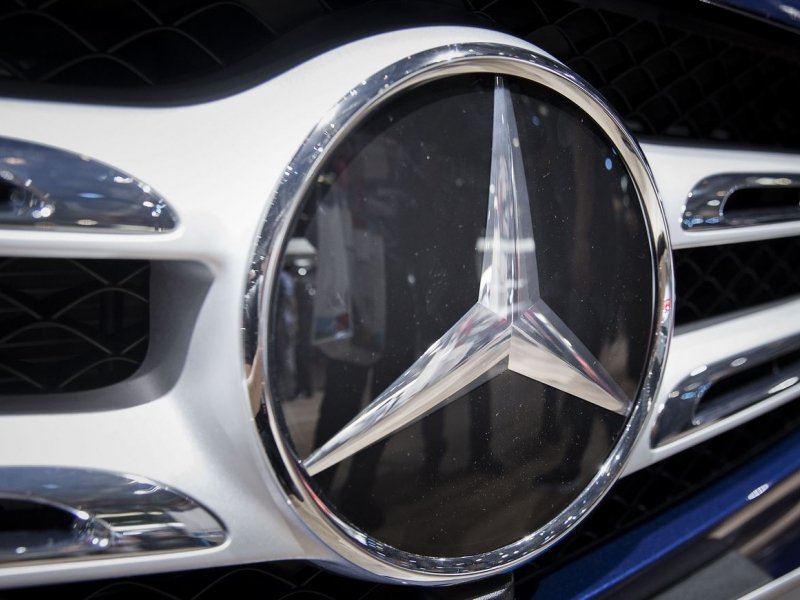
Mercedes-Benz successfully defended its crown as the world’s bestselling luxury-car brand, beating out arch-rivals BMW and Volkswagen Group’s Audi for the fourth year in a row.
The win emerged on Friday when BMW reported sales of its namesake branded vehicles rose 2 percent to a record 2.17 million cars last year. Daimler’s Mercedes-Benz said Thursday its own sales increased 1.3 percent to 2.34 million vehicles. Audi lagged behind both.
Demand for upscale vehicles has proved to be more resilient than the mass-market segment, which has seen sales crimped in some regions by slower economic growth and fallout from trade disputes. While deliveries of expensive models in China — the world’s largest auto market — have held up, the outlook could darken for the German luxury manufacturers due to their exposure to potentially higher auto tariffs between the U.S., China and Europe.
Looking ahead, BMW said it’s targeting a slight increase in group sales this year along with “solid sales growth” in China. In Europe, sales are expected to be on par with 2019 due to a “deterioration in the economic environment” and rise slightly in the U.S. The company already gave an indication of its sales and outlook earlier this week.
“Thanks to our large model offensive, we once again succeeded in increasing our sales to a new high in 2019,” BMW’s sales head Pieter Nota said in the statement. “I am confident that we will continue on our successful course in the current year.”
High-end luxury vehicles and utility vehicles have proved especially popular. BMW has been buoyed by the introduction of its X7 crossover last year.
Audi’s new sales chief Hildegard Wortmann said Tuesday a relatively new product lineup should help the brand sustain positive sales momentum and win back ground lost to Mercedes-Benz and BMW in recent years. After a dismal first half of the year, deliveries bounced back toward the end of 2019. Global Audi sales rose 1.8 percent to 1.85 million vehicles.